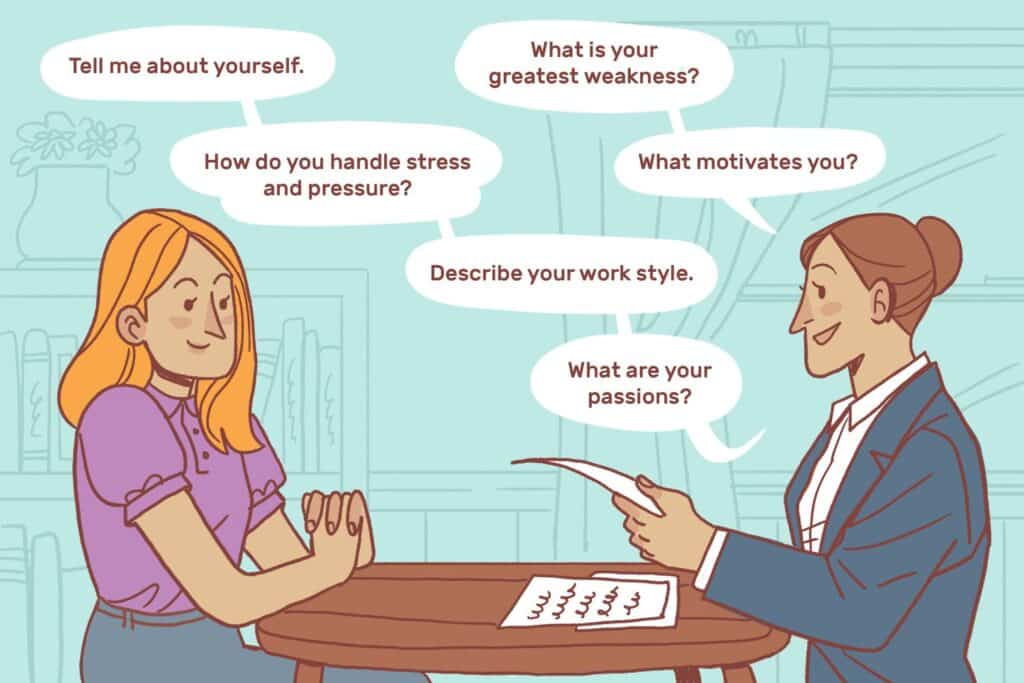Job interviews can be nerve-wracking, especially when faced with difficult questions. Employers often use tough interview questions to gauge a candidate’s critical thinking skills, ability to handle pressure and overall suitability for the role. In this article, we will explore strategies for dealing with difficult interview questions and increasing your chances of success.
Contents
1. Prepare for Common Interview Questions
While it’s impossible to anticipate every question an interviewer may ask, many interview questions are common across industries. Research the company, industry, and role you are interviewing for and prepare responses for questions like “Tell me about yourself” or “What are your strengths and weaknesses?” Practicing your answers ahead of time can help you feel more confident and composed during the interview.
2. Listen Carefully and Clarify
When faced with a difficult question, take a deep breath, and listen carefully to what the interviewer is asking. It’s okay to ask the interviewer to repeat the question or clarify any confusion you may have. This demonstrates that you are actively engaged and interested in the question, and it gives you time to gather your thoughts before answering.
3. Use the STAR Method
The Situation, Task, Action, and Result (STAR) method is an effective way to structure your responses to behavioral interview questions. Behavioral interview questions are designed to assess how you have handled specific situations in the past. Using the STAR method, you can provide a structured response that showcases your problem-solving skills and highlights your achievements.
4. Be Honest and Authentic
It’s essential to be honest, and authentic in your responses, even when faced with difficult questions. Interviewers can often detect when a candidate is not being genuine or is exaggerating their qualifications. Be truthful about your experience and qualifications, and highlight your willingness to learn and grow in the role.
5. Don’t Be Afraid to Ask Questions
Asking thoughtful questions during the interview can demonstrate your interest in the role and the company. It’s also an opportunity to clarify any doubts you may have about the role or company culture. Ask questions that demonstrate your understanding of the company and show your enthusiasm for the role.
Conclusion
Navigating difficult interview questions can be challenging, but with preparation and practice, you can increase your chances of success. Remember to listen carefully, clarify any confusion, use the STAR method to structure your responses, be honest and authentic, and don’t be afraid to ask questions. With these strategies in mind, you’ll be better equipped to handle difficult interview questions and impress potential employers.




